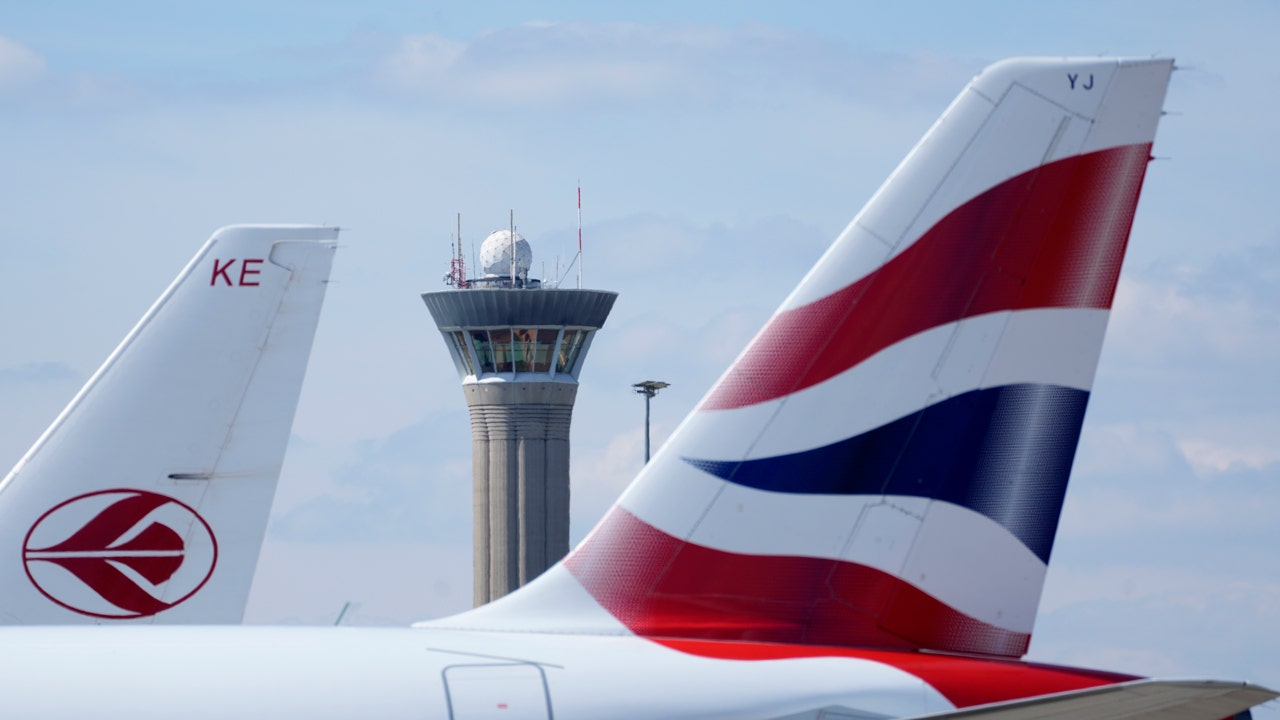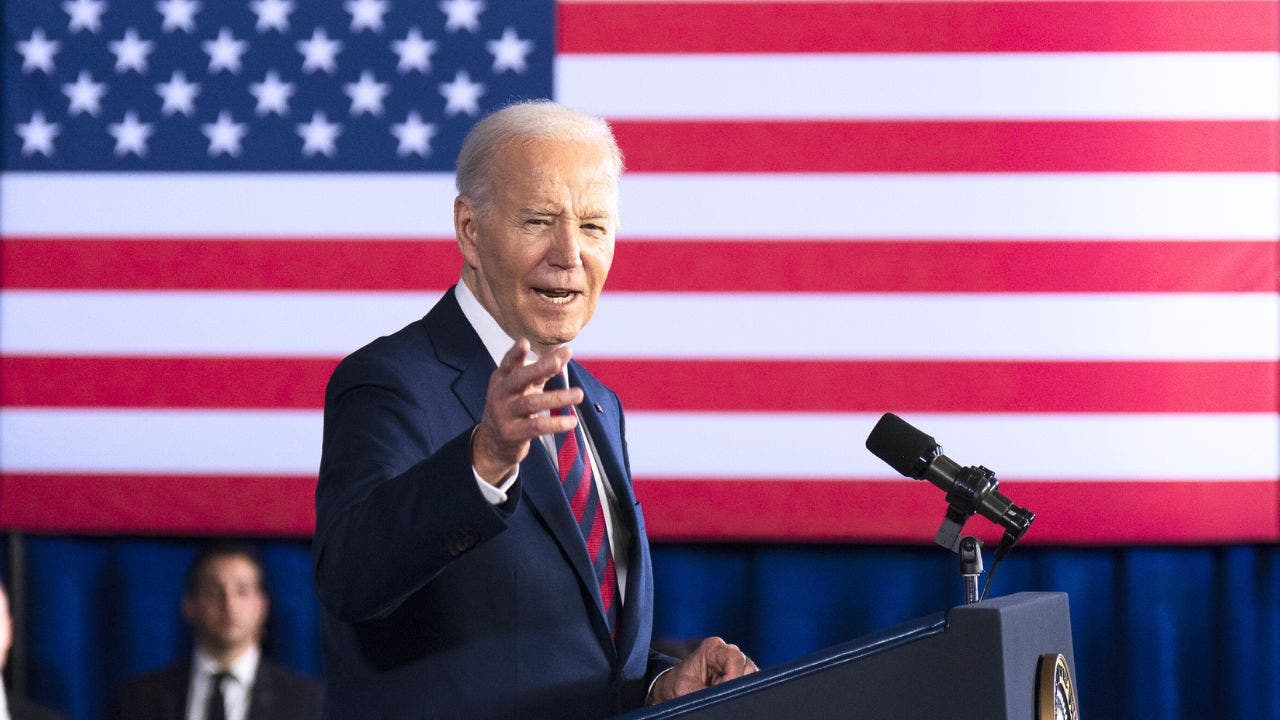Against the tide
Britain goes to the polls today after a campaign that featured the same ingredients as other elections across Europe and the Americas: frustrated voters eager to reject the status quo, a deeply discredited government and a dash of populism — in this case, represented by the insurgent candidacy of Nigel Farage.
But Britain is likely to emerge from the election as an outlier. While the electorates in other countries are shifting to the right, British voters are expected to evict the Conservative-led government after 14 years, in favor of the center-left Labour Party. In today’s newsletter, I’ll explain why Britain is zigging while others are zagging.
Tory tumult
The Conservatives, or Tories, have presided over a tumultuous era that began with David Cameron in 2010. It included harsh budget cuts after the financial crisis of 2008, the Brexit vote of 2016, the Covid pandemic and a revolving door of prime ministers. For many, it has been a circus that now needs to leave town.
Boris Johnson was drummed out of office after serial scandals. (Among other things, he held parties during a Covid lockdown he had imposed.) Liz Truss lasted less than 50 days after the financial markets turned savagely against her proposed tax cuts. The current prime minister, Rishi Sunak, has steadied the ship but failed to give restless voters much of an argument for keeping his party in power.
Other experts note that Britain’s departure from the European Union has slowed trade and handicapped economic growth. Though its rebound after the pandemic was comparable to that of its European neighbors, its economy has since stagnated, and its public debt has ballooned. (These charts, by my colleagues Josh Holder and Ademola Bello, show how Britain has changed since the Conservatives took power in 2010.)
The Tories have even struggled with their own priorities: Immigration has soared since Brexit. That is partly because of refugees from Ukraine and Hong Kong. But the influx is also fueled by huge numbers of migrants from South Asia and Africa, many of whom come to study at universities or are recruited as nurses or doctors in the understaffed N.H.S. In addition to these documented arrivals, thousands of asylum seekers try to cross the English Channel in unseaworthy boats.
Conservative leaders, who sold Brexit as a tool to reduce immigration, say they will cut back the number of arrivals. Sunak has vowed to “stop the boats.” He spent months securing the passage in Parliament of a legally challenged policy that would put some asylum seekers on one-way flights to Rwanda. But many voters no longer think the Conservative Party has credibility on this issue.
Labour’s pitch
Labour vows to curb immigration by better policing Britain’s borders. (It would mothball Rwanda flights, which it calls costly and ineffective.) Aside from that, however, the party’s priorities don’t seem all that different from those of the government, which is no accident.
Across a range of issues, Labour has been careful not to draw deep distinctions between itself and the Conservatives. It is not proposing big tax increases. It has vowed no major spending hikes until Britain cuts its runaway public deficit. It has scaled back its ambitious program to curb climate change. It would maintain Britain’s military support for Ukraine in its war with Russia.
Labour rejects the Tories less for the substance of their policies than for their hapless governance. It hopes to win over the many voters who are fed up with Conservative rule without frightening the ones who distrusted the tax-and-spend left — and especially its former leader, Jeremy Corbyn.
Polls suggest the plan is working. Labour has led the Conservatives by double digits in polls for more than 18 months. The current Labour leader, Keir Starmer, has positioned himself as a plausible substitute for Sunak — a change agent but hardly a left-wing revolutionary.
The real conceptual contest
To the extent that there is an ideological struggle in this election, it is being waged on the right. Farage, a populist firebrand who campaigned on behalf of Brexit, is leading an anti-immigration party, Reform U.K., which is siphoning off votes from the Conservatives.
Under the electoral rules that govern British politics, Reform is unlikely to win many seats in Parliament. But it could split the right-wing vote, deepening the scale of the Conservative defeat to Labour and perhaps even fracturing the Tories.
Farage is an ally of Donald Trump, and his populist challenge echoes not only Trump’s movement in the United States but also the gains made by far-right parties in France and Germany.
In this respect, at least, Britain is not such an outlier.
For more
Even if you don’t know all of Beethoven’s Ninth Symphony, you probably recognize its finale, the “Ode to Joy.” Written 200 years ago, it was crafted using techniques you can hear in a Taylor Swift hit, but it’s more than a pretty song.
Lives lived: Robert Towne, who won an Oscar for writing Roman Polanski’s “Chinatown,” died at 89.
CONVERSATION STARTERS
ARTS AND IDEAS
How competitive eaters down dozens of hot dogs
Today, titans of competitive eating will take part in the Nathan’s Famous International Hot Dog Eating Contest, an Independence Day tradition in the U.S.
Most of these would-be champions aren’t professionals, but passionate amateurs. Some have stretched their stomachs with vast quantities of food or liquid. They might use the Solomon Method — think King Solomon — which calls for snapping a dog in half before eating it. It may just come down to willpower: The body doesn’t want to eat 72 hot dogs, but victory beckons.
RECOMMENDATIONS
That’s it for today. See you tomorrow. — Dan
We welcome your feedback. Send us your suggestions at briefing@nytimes.com.







